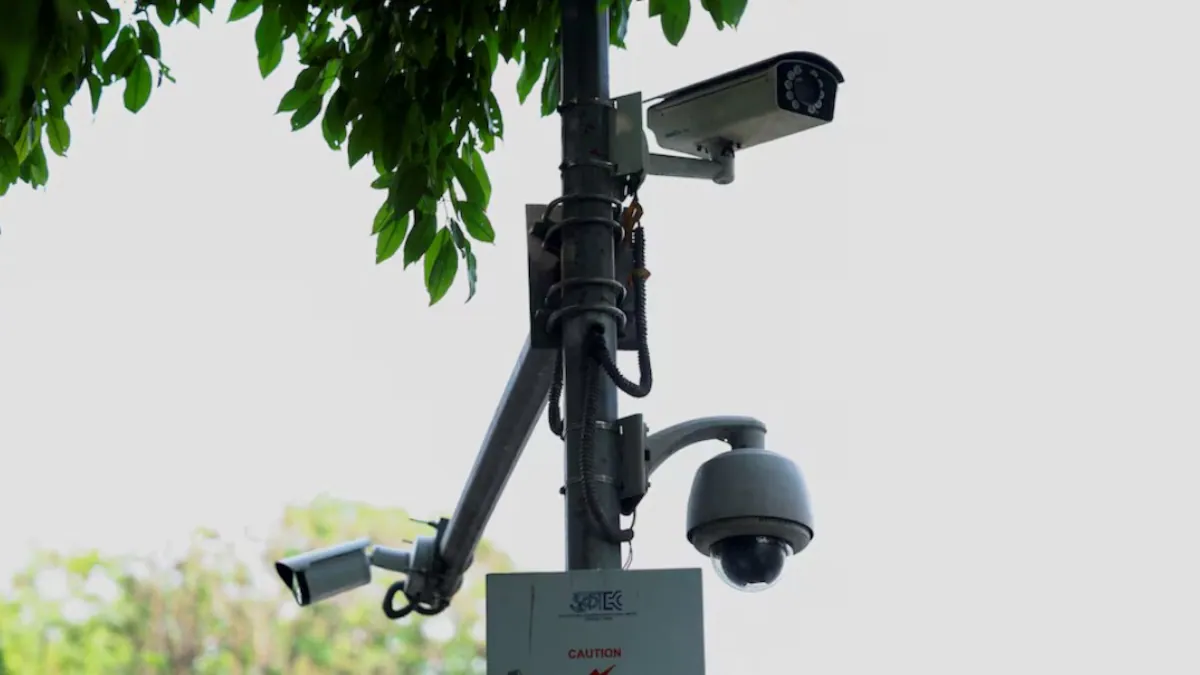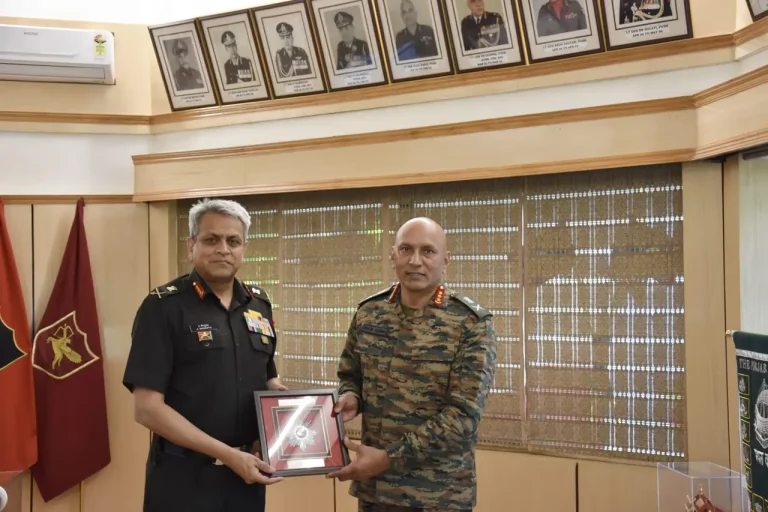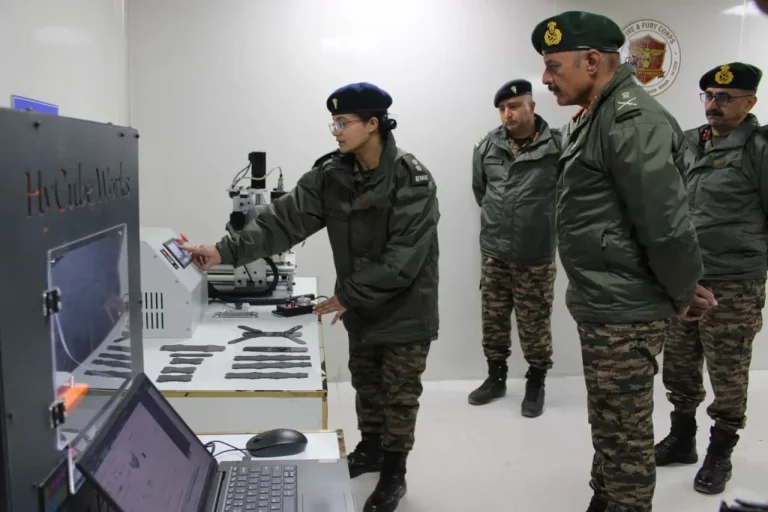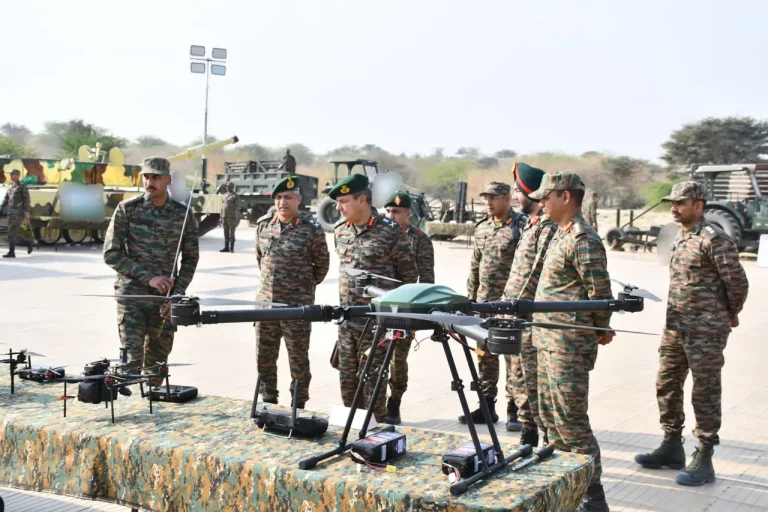India’s newly implemented surveillance equipment regulations have sparked significant concern within the global CCTV industry. Mandated since April 9, these rules require comprehensive hardware, software, and source code testing for all internet-connected cameras, driven by escalating national security fears regarding potential espionage through surveillance systems from foreign manufacturers, particularly those based in China.
Under these regulations, all manufacturers must present their CCTV devices for scrutiny at certified laboratories in India before being allowed to sell. This requirement applies to both domestic companies and international giants, including notable Chinese firms such as Hikvision, Dahua, and Xiaomi, in addition to South Korean manufacturer Hanwha and U.S.-based Motorola Solutions.
An Indian official involved in the policy shaping emphasized the urgency of this measure, highlighting the considerable risks of espionage associated with foreign-manufactured cameras. The official acknowledged the particular concern surrounding Chinese companies, referencing previous discoveries related to vulnerabilities in data protection and threats posed by surveillance systems.
The response from the industry has been one of alarm, citing multiple challenges, including slow government approvals, insufficient lab capacities, and the delicate nature of disclosing source codes. As of May 28, out of a total of 342 applications submitted for approval, only 35 had been authorized, with merely one coming from a foreign manufacturer.
Camera manufacturers are also expressing worries about stringent factory inspections and the need for repeat testing. Hanwha’s South Asia director indicated that the compliance requirements could lead to significant financial losses, while companies like Infinova and Vivotek reported project delays and stoppages due to these new compliance challenges.
In a related development, Xiaomi disclosed that Indian authorities requested comprehensive details about its contract manufacturers based in China, suggesting a link to its internal guidelines regarding countries that share a land border with India.
Despite these industry hurdles, the market for surveillance cameras in India is anticipated to flourish, projected to grow from $3.5 billion in 2024 to $7 billion by 2030. Yet, with around 80% of CCTV components sourced from China, supply chains are becoming increasingly strained.
Retailers are already experiencing the repercussions of these regulations. Sagar Sharma, a CCTV dealer located in Delhi’s Nehru Place market, reported a significant decline in sales, with orders halved in recent weeks, making it difficult to fulfill larger requests.
The Indian government remains resolute in its stance, asserting that these rules are crucial for safeguarding national interests and ensuring the cybersecurity of countless surveillance devices deployed throughout cities, institutions, and private properties.







